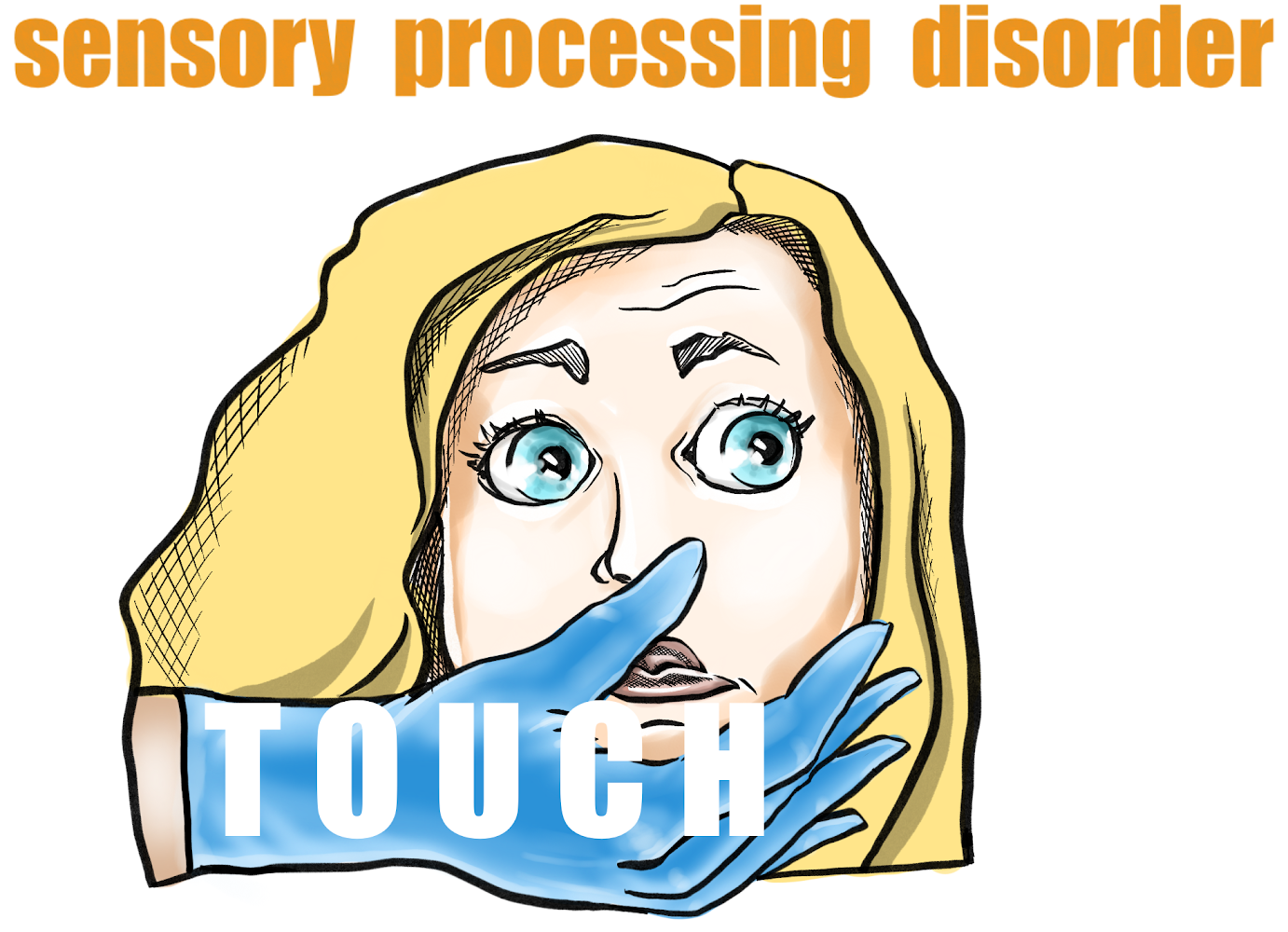As a parent of a special needs child, you understand the unique challenges and joys of helping your child navigate the world. One resource that can empower both you and your child is “The 7 Habits of Happy Kids” by Sean Covey. This book, inspired by the principles of the best-selling adult book, “The 7 Habits of Highly Effective People,” adapts these concepts into fun and accessible stories for children, teaching valuable life lessons in a way that resonates even with young minds, including those with special needs.
Here’s how your child can benefit from these seven habits, no matter their abilities:
1. Be Proactive: Take Responsibility for Your Life
Teaching children to take initiative, even in small ways, can foster independence. For children with special needs, this can mean learning to complete a small task like organizing their toys or choosing their clothes. Empowering them to make decisions helps build confidence.
2. Begin with the End in Mind: Have a Plan
This habit encourages children to set goals. For special needs children, setting simple goals—like learning a new skill or improving a routine—can help them understand structure and purpose. With your guidance, they’ll experience the joy of achievement.
3. Put First Things First: Work First, Then Play
Teaching kids to prioritize can be challenging but so rewarding. For special needs children, balancing therapy or schoolwork with playtime helps them understand that working toward something makes the fun times even more enjoyable.
4. Think Win-Win: Everyone Can Win
This habit teaches cooperation and empathy. Children with special needs may sometimes feel excluded. Teaching them that everyone can win in different ways fosters inclusiveness and helps them feel valued in their relationships.
5. Seek First to Understand, Then to Be Understood: Listen Before You Talk
This habit can be especially powerful for children who struggle with communication. It encourages patience and understanding, which can ease frustration and improve their ability to express themselves.
6. Synergize: Together Is Better
Collaboration with others, whether through play or group activities, teaches kids the power of teamwork. Children with special needs thrive when they understand they are part of a community, reinforcing that we all have unique strengths to contribute.
7. Sharpen the Saw: Balance Feels Best
This habit emphasizes the importance of self-care and balance, which is vital for special needs children. Whether it’s through physical activity, creative expression, or rest, helping your child “sharpen their saw” nurtures their overall well-being.
Each story in the book features relatable characters and charming illustrations, making the lessons accessible and enjoyable. No matter the challenges your child may face, these habits offer life skills that are adaptable to any ability level. You can work through the book with your child, reinforcing these lessons at home, in therapy, or at school.
Conclusion:
By introducing your child to “The 7 Habits of Happy Kids,” you’re equipping them with tools for long-term success and happiness. It’s not just about following rules—these habits help build character, resilience, and a positive outlook on life. Every child, regardless of their challenges, deserves the opportunity to grow and thrive, and this book can be a wonderful step toward that goal.
.








